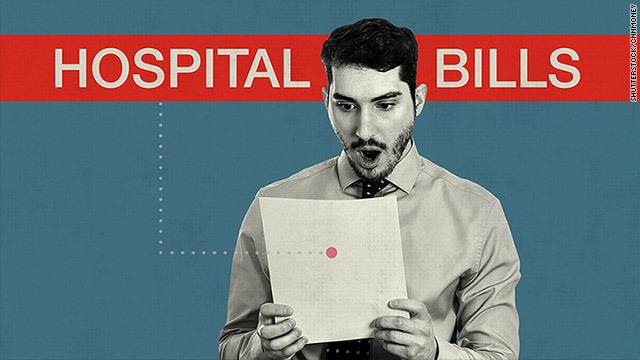Tips for parents: Do NOT use children’s medicine cups
February 11, 2011Echinacea demonstrates little benefit in treating common cold
February 11, 2011Placebo treatment, it turns out, can actually significantly influence subjective symptoms.
In the past, it has been widely believed that response to placebo requires concealment or deception. In other words, it’s generally thought that dummy pills, or sugar pills, work precisely because so much of it is in your head and patients don’t know they’re fake.
Now, a new study has absolutely shocked the scientific and medical research world by testing whether open-label placebo (non-deceptive and non-concealed administration) is superior to a no-treatment control with matched patient-provider interactions in the treatment of irritable bowel syndrome (IBS).
The Los Angeles Times reported, “The researchers enrolled 80 people suffering from” IBS, “explaining the experiment while framing it positively – they called it a novel ‘mind-body’ therapy.”
Next, “half the patients were given a bottle with the word ‘placebo’ printed on it. … The patients were told they didn’t even need to believe in the placebo effect, but had to take the pills twice daily.”
Surprisingly, “fifty-nine percent of patients with irritable bowel syndrome who were given placebos described to them as ‘like sugar pills’ reported relief of their symptoms, compared with 35 percent of those who got no treatment at all, according to” the study “published in the journal PLoS One,” Bloomberg News reported.
What’s more, “the placebo patients’ relief was equal to taking the most powerful IBS medications,” the CNN “The Chart” blog reported.
What does this mean for medical research? I suspect that this study will need to be replicated before medical scientists change their randomized-controlled trial methods. But if these results are reproducible, look for significant changes in the scientific testing of medicines in the future.



